
It was all good just a year ago. Jay-Z was enjoying beach vacations with Beyonce, while kicking his feet up on the desk as president of Def Jam. Jay had finally made it, enjoying a temporary rap retirement, after he closed the book on his career with The Black Album. But after dropping the arguably classic LP, the fans demanded more. He teased us with a verse here and there, released a few vanity projects with the likes of R. Kelly and Linkin Park, and ultimately made his return to the game late last year with Kingdom Come.
It was good, but it wasn’t good enough. Kingdom Come, by all means a solid LP from Jay-Z, was a far cry from the days of “1-900-Hustler”, with songs like “Hollywood” and “Beach Chair”, which celebrated his new lifestyle. Unfortunately, while becoming the Entertainment Weekly cover darling, Jay lost his grip on the hood. Don’t get us wrong, everyone in the streets heard/bought/stole Kingdom Come, but he wasn’t speaking just to them anymore.
Enter American Gangster. Jay might not be able to legitimately rhyme about selling drugs on the street corner anymore, but he’s been there, done that. Perhaps this is why the new Denzel Washington/Russell Crowe biopic, American Gangster, spoke to him so clearly. After seeing the film, Jay crafted an album of “music inspired by the motion picture,” and also inspired by his real life history as a drug dealer.
Much like The Black Album, American Gangster takes things back to basics, but in a different way. This time, Jay goes even further back in time. Looking to match the sound of the era of Harlem kingpin Frank Lucas, Jay and co-conspirator, Diddy (yes, Sean “Puffy” Combs), utilize a number of classic seventies soul samples for much of the record. This is quite a bold move in today’s era of pre-packaged keyboard beats, as the album intentionally lacks any certified club-bangers in the vein of “Big Pimpin” or “I Just Want To Love You”, as American Gangster is equal parts concept album and street record.
The closest thing we get to any club songs are the singles, “Blue Magic” and “Roc Boys”, which won’t tear the club up like his fiery “Crazy In Love” verses, but at this point, Jay doesn’t have to. “Blue Magic”, named after the brand-name drug Lucas slings in the film, is an uncharacteristically sparse Neptunes track, as Jay-Z intricately breaks down his hustling aesthetic, while Pharrell En Vogue’s the hook. “Roc Boys” is a little more celebratory, as Jay gives a lyrical acceptance speech to all that have helped him achieve his success, as the Menahan Street Band’s horns blow, masterfully refixed by Diddy and company.
But the meat of the album is in it’s decidedly low-fi, late night swagger. It’s so well put together, as Jay trades flashy beats for dark, heavy, soulful tracks, just as Frank Lucas would choose a three-piece suit over a pimp costume. This quickly becomes evident as the first two songs, “Pray” and “American Dream” set the tone for the album, as Jay reaches back into his memories and recounts feelings experienced in his lifetime. “Sweet” finds him battling the ethics of hustling over a grooving loop from “Does Your Mama Know” by Rudy Love & The Love Family, while “Party Life” justifies it’s lavish rewards, as the cool-as-a-fan Jiggaman gets his braggadocio on over an equal cool Little Beaver sample.
Paralleling his life to that of Frank Lucas, we find that the outcome is not always positive in either situation. “Say Hello” finds Jay in an almost drunken Tony Montana-like state, as the pressures and guilt of his occupation weigh in on his conscience, over a cinematic DJ Toomp track. “Success” finds Jay with Nas, toasting to the fruits of their labor (or lack thereof), in a more-money, more problems type of rant. “Ignorant Shit” pumps up the same Isley Brothers sample used on Biggie’s “Big Poppa (Remix)”, refreaked by Just Blaze into an uptempo jam. Rather than use this beat to floss, Jay instead vents his frustrations with hip-hop’s political state: “I missed the part where this stopped being about Imus / what do my lyrics got to do with this shit? / Scarface the movie did more than Scarface the rapper to me / so that ain’t to blame for all that’s happened to me.”
The album does have a few minor faults. “Hello Brooklyn 2.0″ (a Beastie Boys nod), doesn’t quite add up, as the sub-par beat drags on, while the New Orleans’ bred Lil’ Wayne simply doesn’t belong on a song dedicated to Jay’s hometown. Others may balk at the Neptunes flossy “I Know”, which sounds a bit like a Blueprint 2 leftover, as Jay rhymes from the perspective of heroin as a seducer. While this has been done to death, Jay’s spin on it is the ultimate gray area, as it’s so slyly written that most won’t even pick up on the double meaning. But these few inconsistencies hardly spoil the record.
With American Gangster, the hunger is back for Jay-Z. The more rich, fuller sound of sampled music provides a much better backdrop than the strange selection of sub-par Dr. Dre beats chosen for Kingdom Come (begging the question as to why more rappers aren’t employing live musicians). Meanwhile, lyrically Jay has focused in on his craft, worried less about rocking the crowd, and more about how finely crafted his rhymes are. Were not sure how Jay will top this record, but then again, we’ve felt that way more than a few times now, we’re sure he’ll find a way to do it again. – Pizzo
Comments
No Comments
Leave a reply
- Raekwon Sets A Release Date For “F.I.L.A.” Album
- BUSH: A Snoop Odyssey Produced By Pharrell Williams [Preview]
- Drake – “If You’re Reading This It’s Too Late” Surprise Album on iTunes Now
- Action Bronson “Mr. Wonderful” Cover Art and Tracklist
- Juicy J “Blue Dream & Lean 2″ Mixtape Cover Art & Release Date Revealed
- MF Grimm “MF Love Songs” Cover Art + Tracklist
- Lord Hakim – “Brass Knucklez” (feat. Vast Aire & Phizz Ed)
- IAMSU! – “Hella Good” (feat. Tyga)
- DJ Kay Slay – “I Declare War” (feat. Styles P, Sheek Louch, Vado, Raekwon, & Rell)
- Maverick Sabre – “We Don’t Wanna Be” (feat. Joey Bada$$)
- Cannibal Ox – “Blade: Art of Ox” (feat. Artifacts & U-God; prod. Black Milk)
- Asher Roth – “Blow Your Head” (prod. Nottz)
- It's Time To Say Goodbye...
Commented on by Yungplex - It's Time To Say Goodbye...
Commented on by geedubbleyoo - Fat Trel - "In My Bag" (feat. Wale)
Commented on by Katae - Kanye West's "Runaway": What Does It All Mean?
Commented on by fidgar - Sole Vs. El-P: Part One - Sole
Commented on by Reno Yakavetta - It's Time To Say Goodbye...
Commented on by Atom
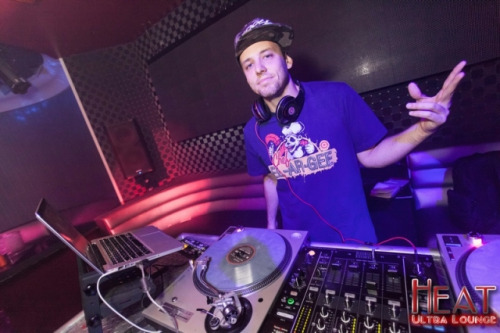

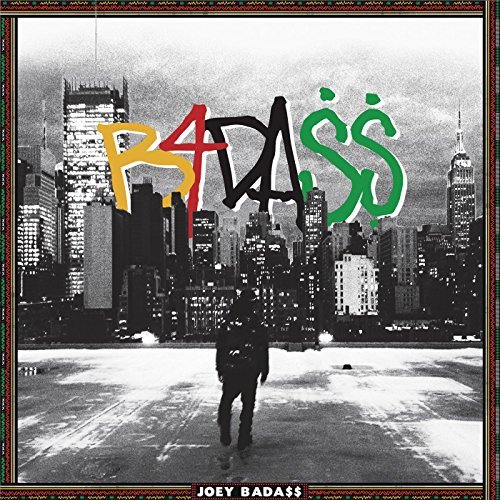
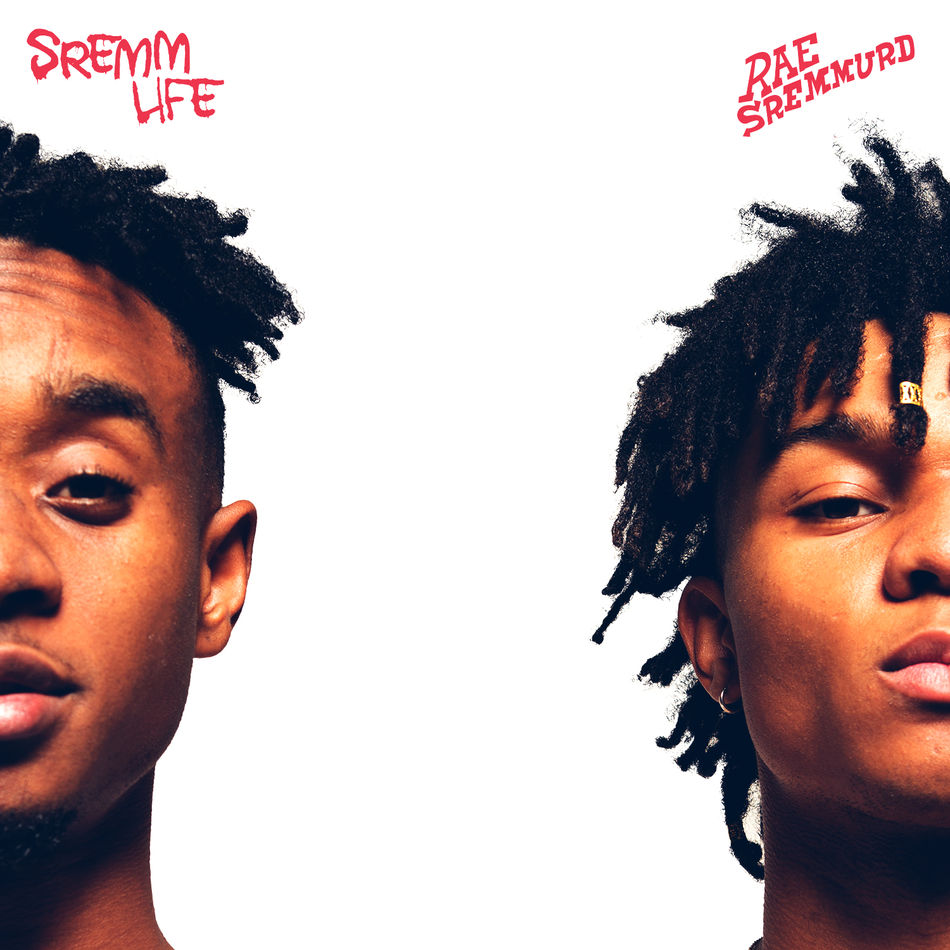
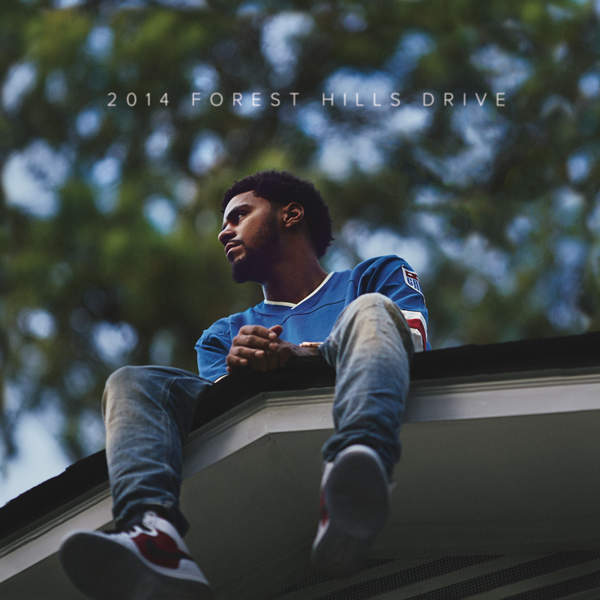




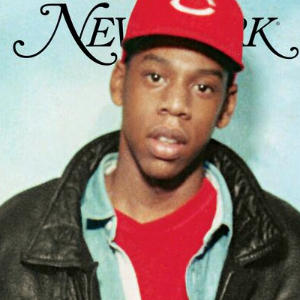
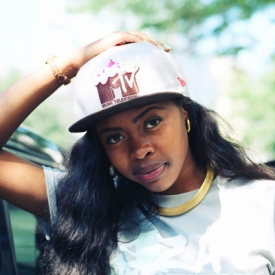
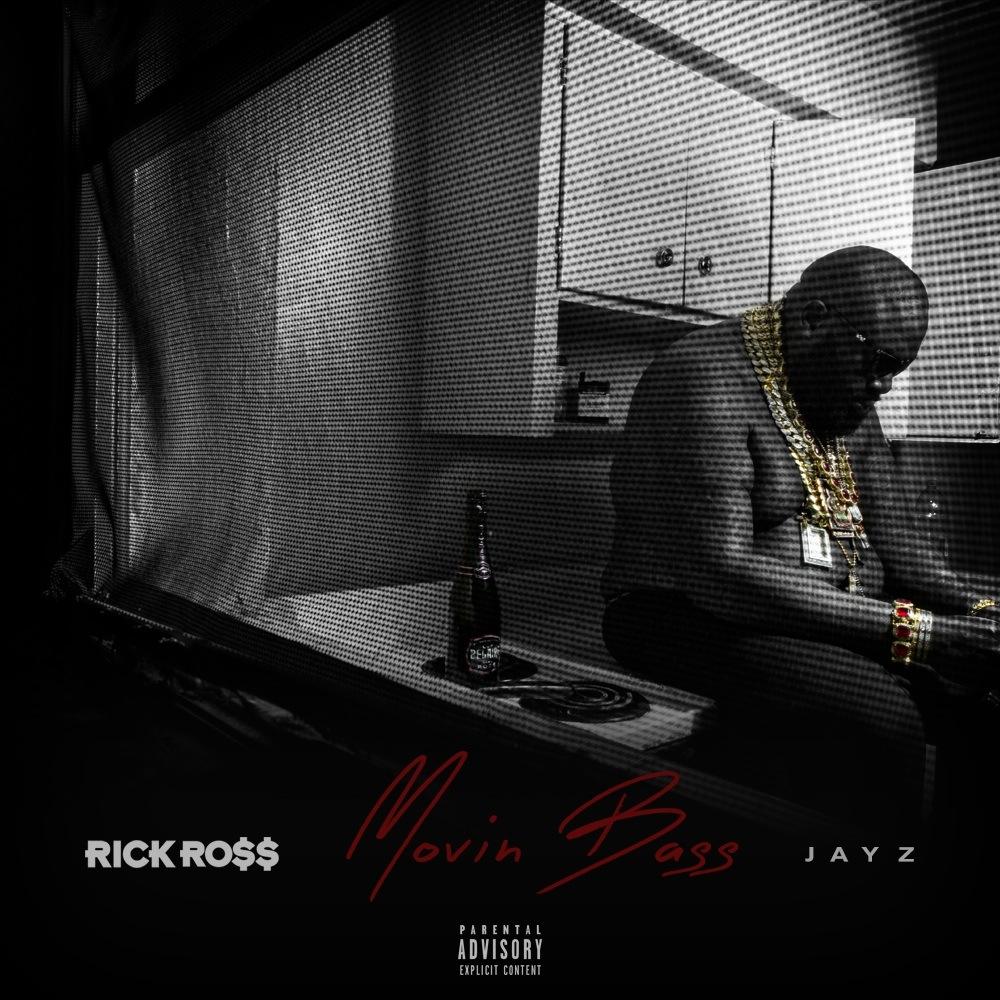
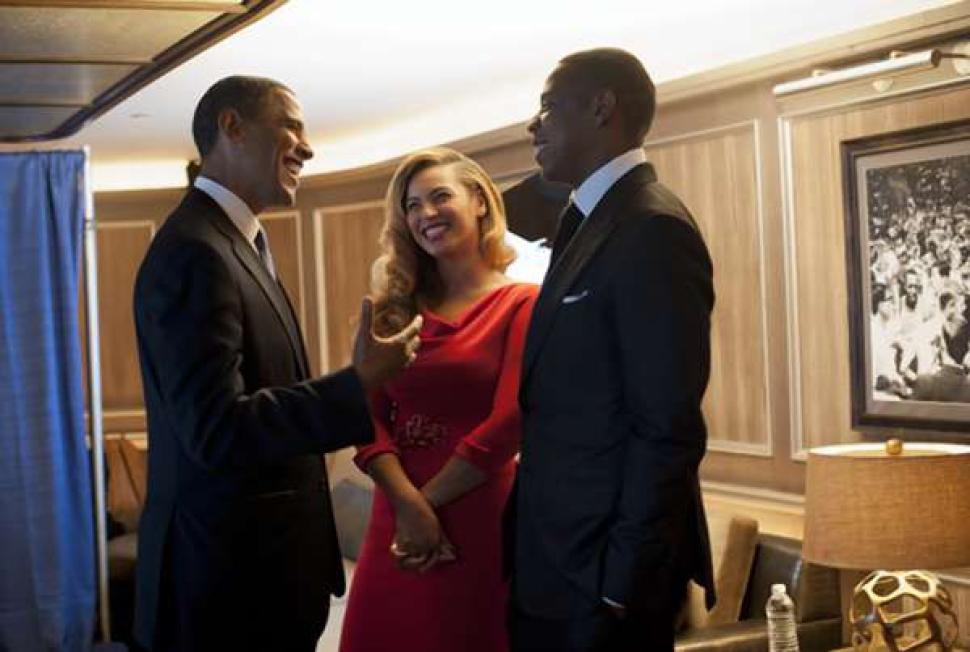

 Mixtape D.L.
Mixtape D.L.
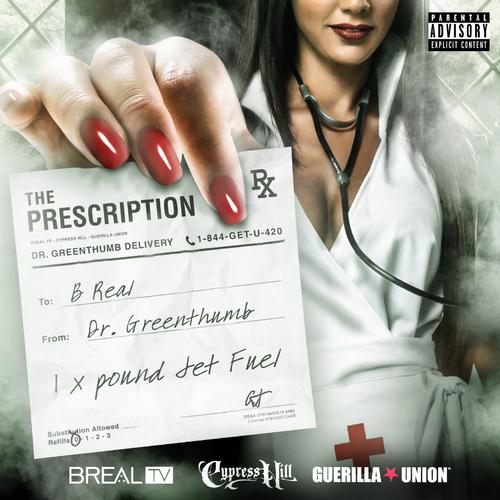

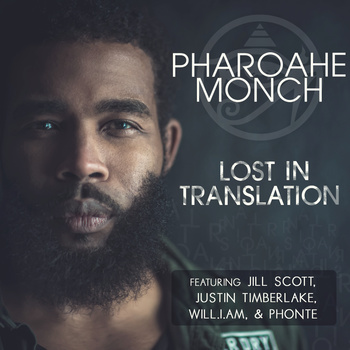

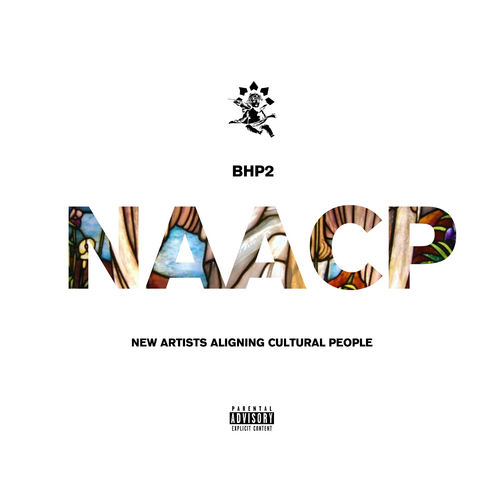
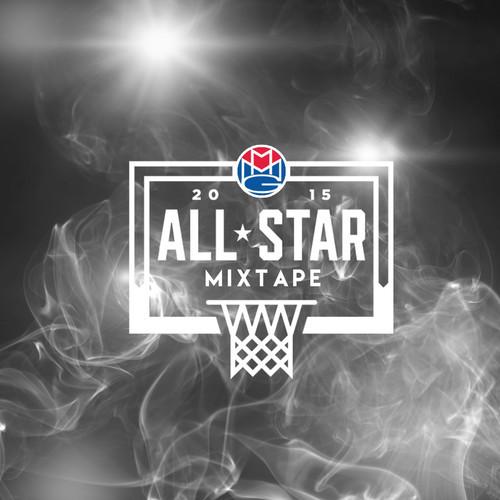
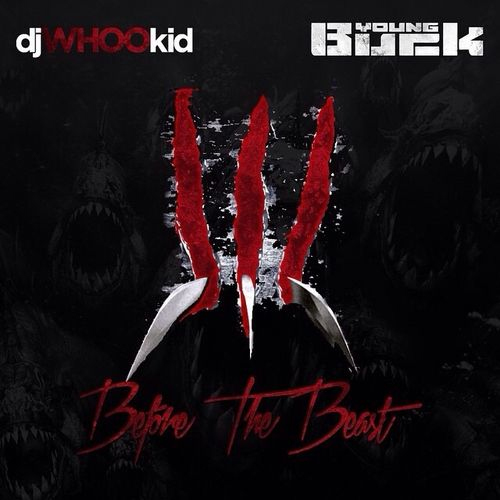
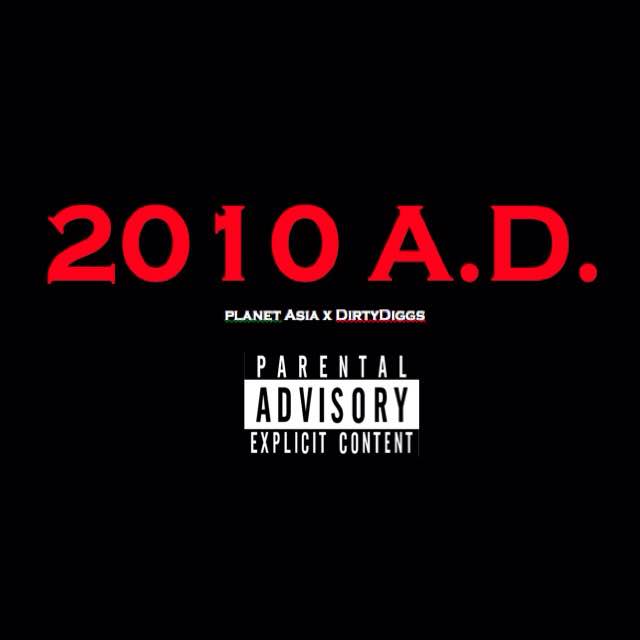
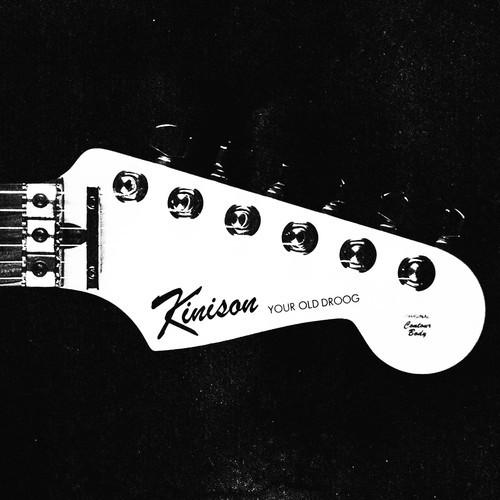
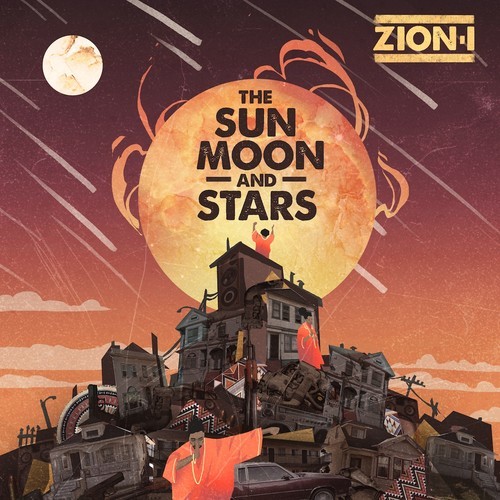

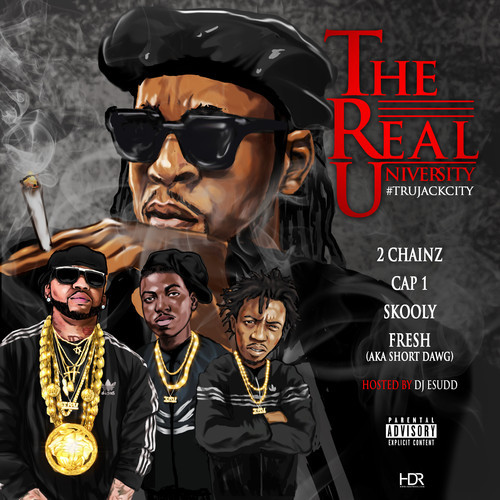
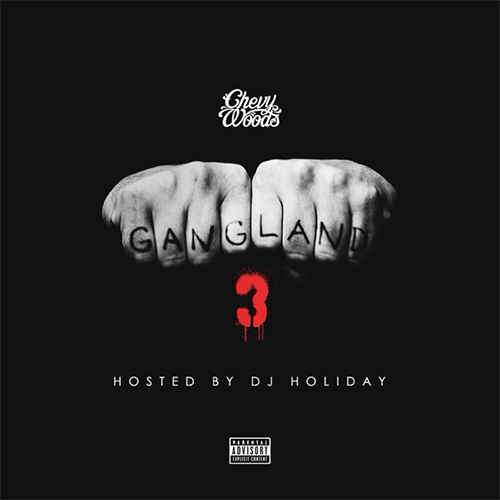
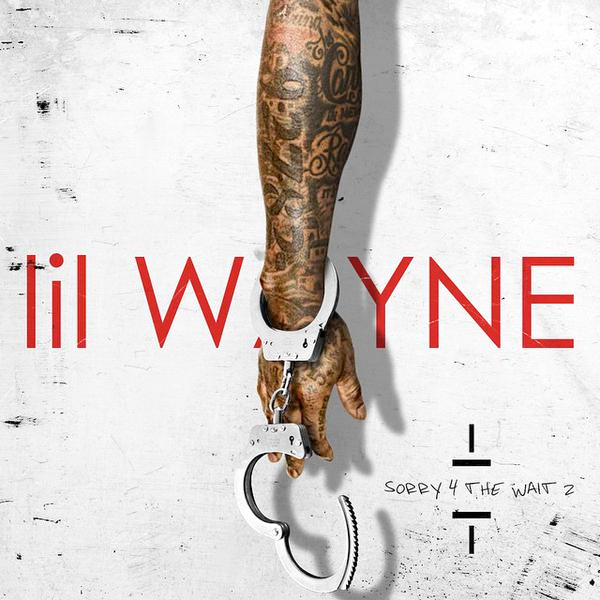
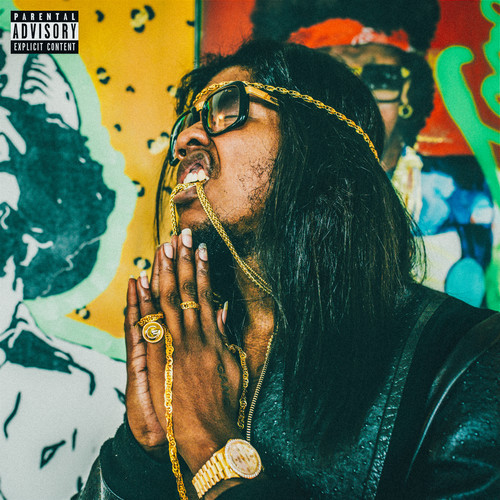





13 November, 2007@10:33 am
0 comments